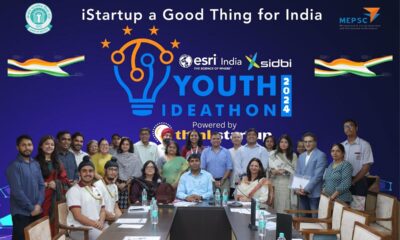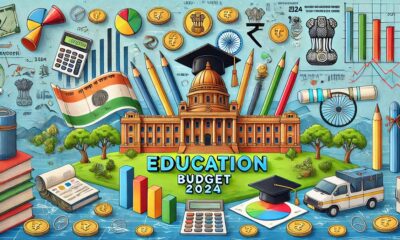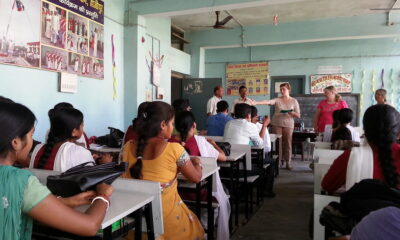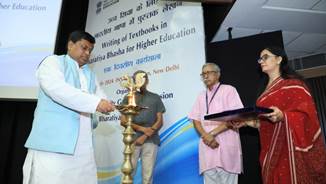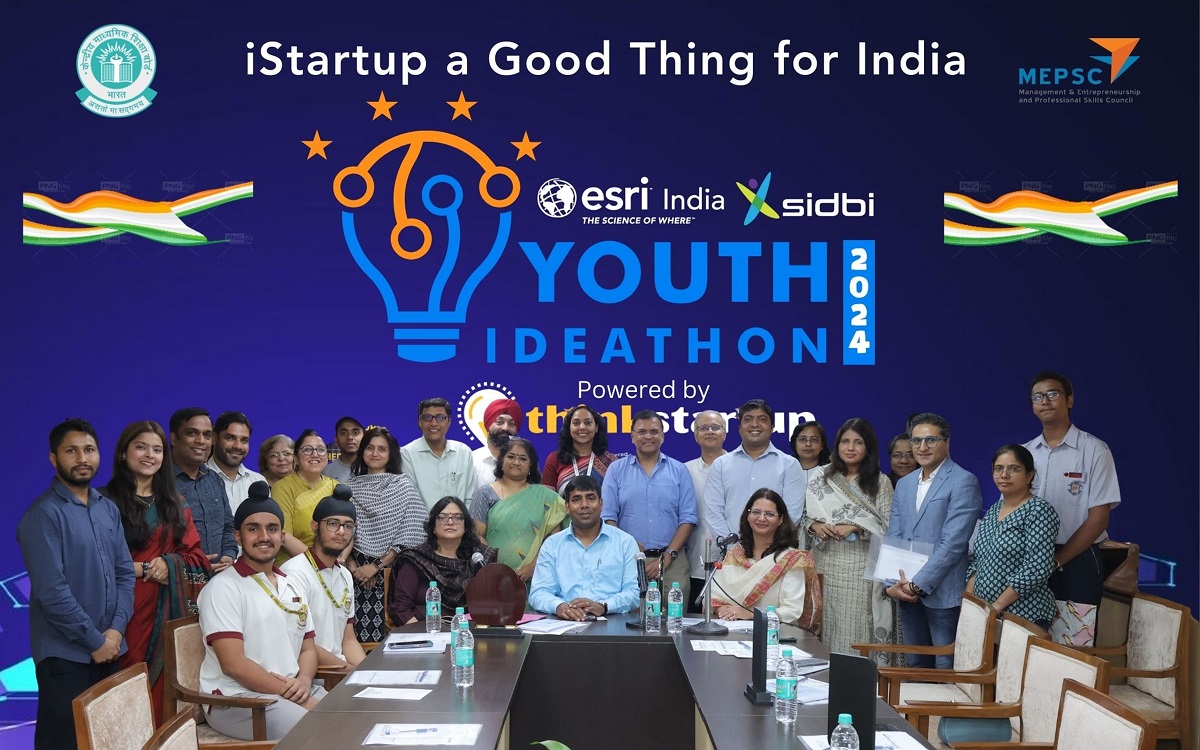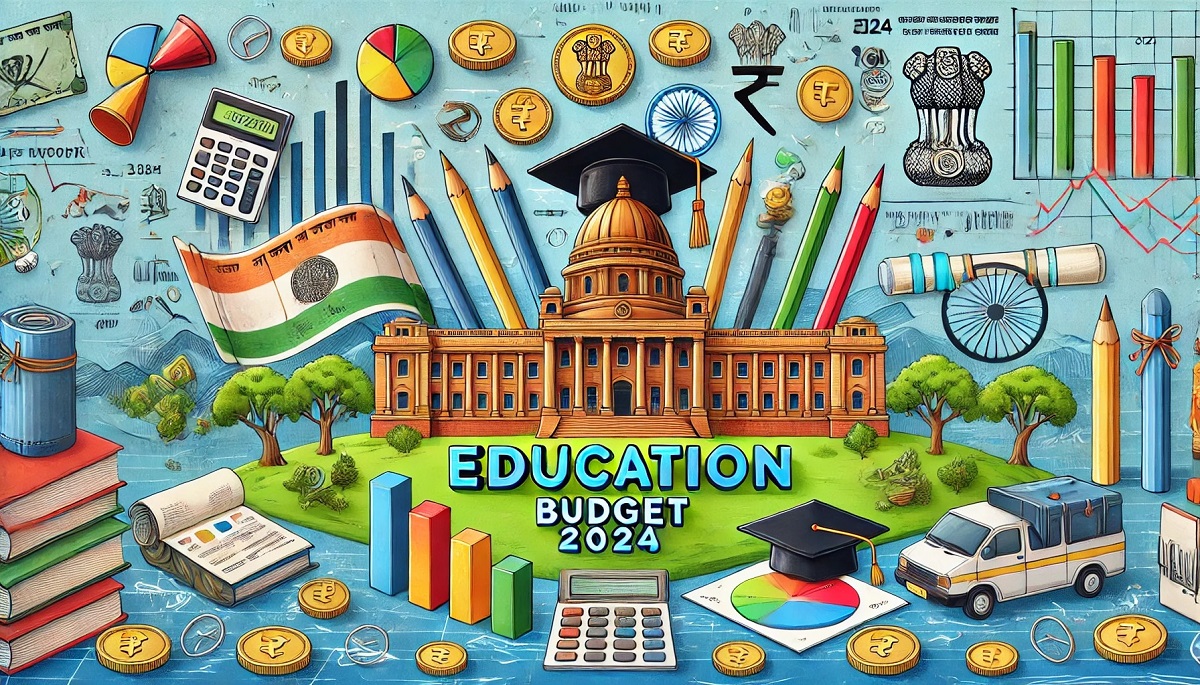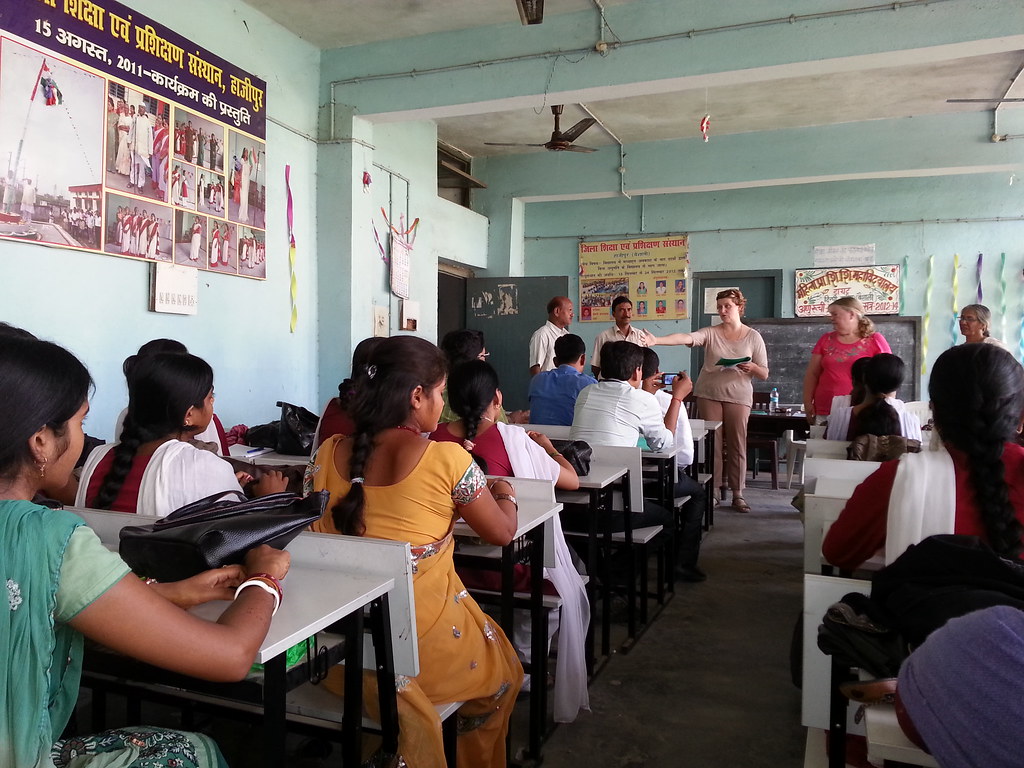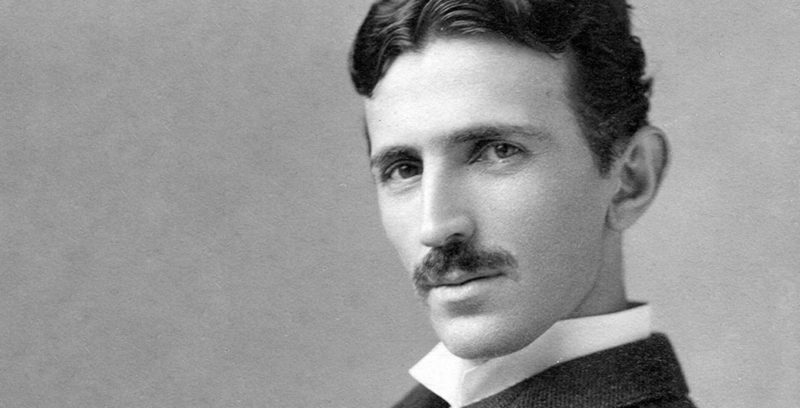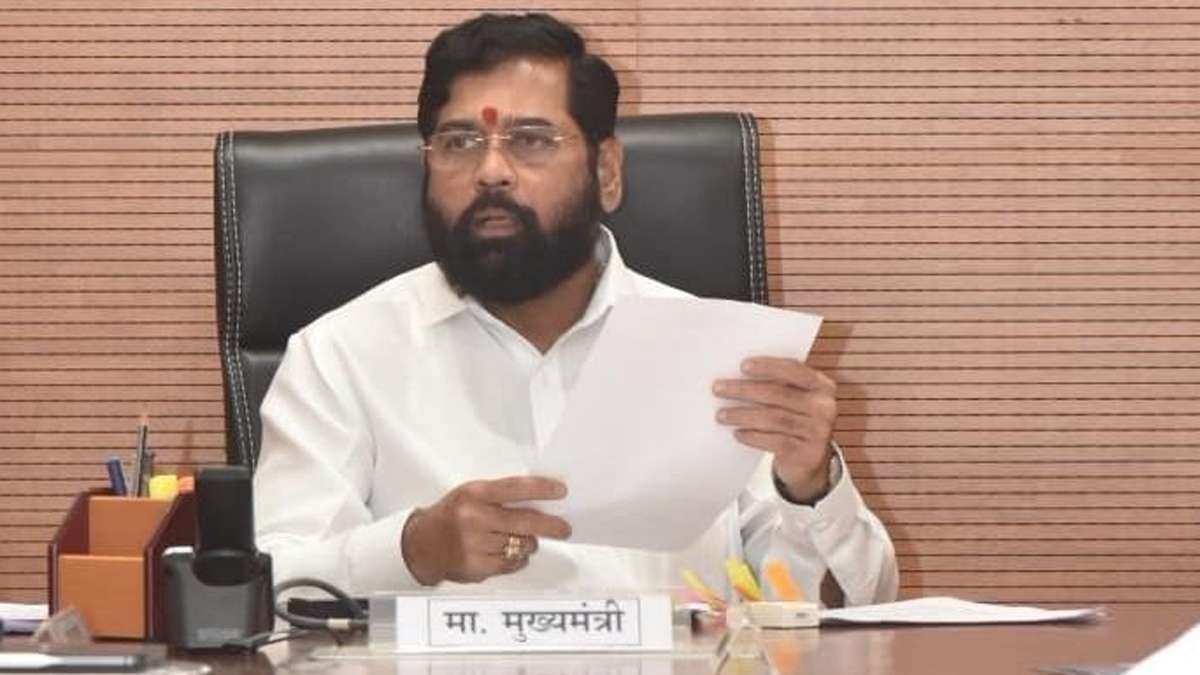Education
Political Will Needed To Bring Changes In Education Sector says Manish Sisodia
“It is heartening to see that teachers from across Maharashtra have set aside political issues and come together to discuss education,” Mr. Sisodia said.
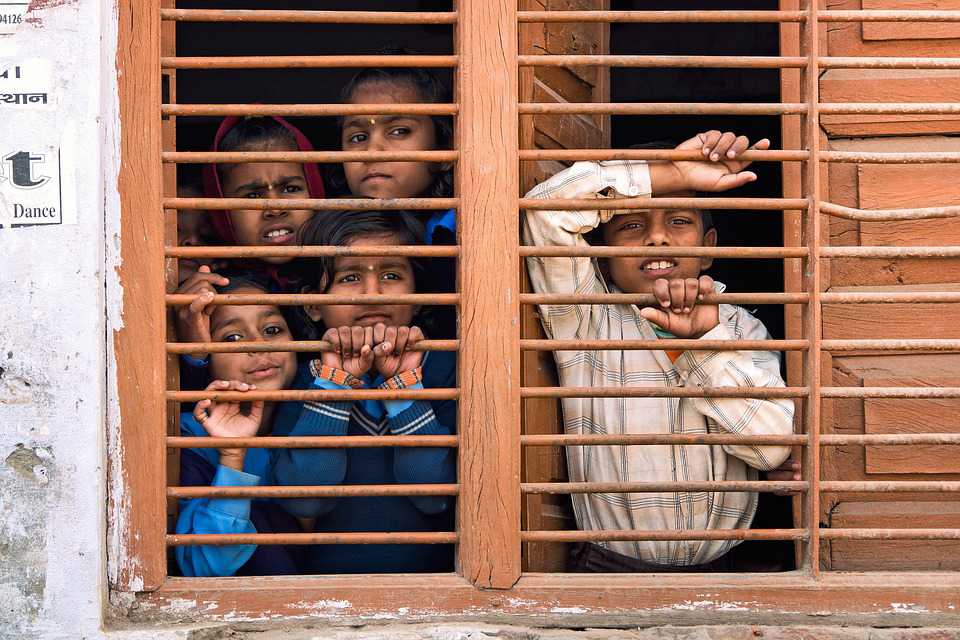
Education
Youth Ideathon 2024: CBSE Launches India’s Biggest Entrepreneurship Competition for School Students
Education
Internships in Top 500 Companies, Rs 5k Stipend for Youth: Key Highlights from the Education Budget 2024
Education
Higher Education Enrollment Jumps To Nearly 4.33 Crore In FY22, Up 26.5% From FY15
Education
UNESCO Report Highlights Need for Boost in India’s Upper Secondary Education
Education
Embracing Emojis in the Classroom: A Fun and Polite Approach to Modern Learning
Education
Workshop on Writing Textbooks in Bharatiya Bhasha for Higher Education Inaugurated by Dr. Sukanta Majumdar
Education
Nurturing Natural Skills: Empowering Youth for the Future
Education
Celebrating Nikola Tesla: A Beacon for Transforming Education
Education
Maharashtra Government Announces Free Higher Education for EWS, SEBC, OBC Girls
Education
Chhattisgarh Introduces Local Language Primary Education in Tribal Areas
-
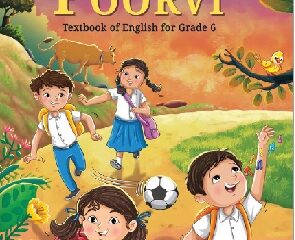
 Education3 weeks ago
Education3 weeks agoNCERT Introduces ‘Poorvi’ For Class 6: A New English Textbook With Indian Focus
-
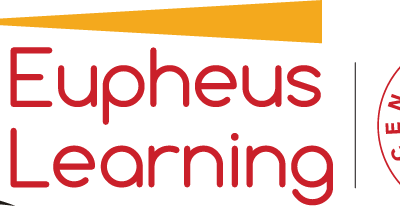
 Education3 months ago
Education3 months agoIndia’s Eupheus Learning Recognised in TIME’s World’s Top EdTech Rising Stars of 2024
-

 Education2 months ago
Education2 months ago10 Summer Safety Tips for Kids During Summer Breaks
-

 Education2 months ago
Education2 months agoWhy Sex Education in Schools is a Battlefield: A Look into Recent Debates and the Path Forward
-
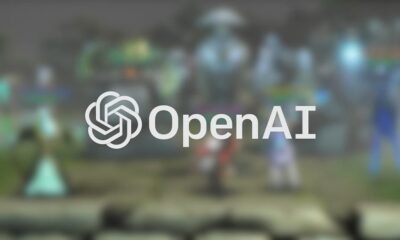
 Education2 months ago
Education2 months agoOpenAI Launches ChatGPT Edu to Revolutionise University Education
-

 Education3 months ago
Education3 months agoQuestioning the Trend of Lavish Farewells- #FarewellFiasco
-

 Education3 months ago
Education3 months agoUNESCO’s Happy Schools Initiative: Placing Happiness at the Heart of Education
-
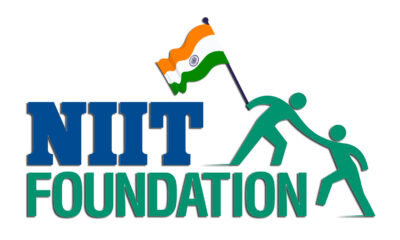
 Education1 month ago
Education1 month agoNIIT Foundation and UNICEF YuWaah Empower 5,000 Women and Girls through Data Literacy Training Programme
-

 Education3 months ago
Education3 months agoKerala Sets National Benchmark with AI Training Programme for 80,000 Teachers
-
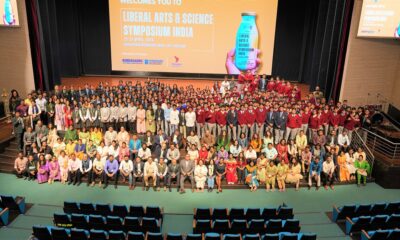
 Education3 months ago
Education3 months agoEmpowering Education: LASSI 2024 Concludes with Success and Inspiration





